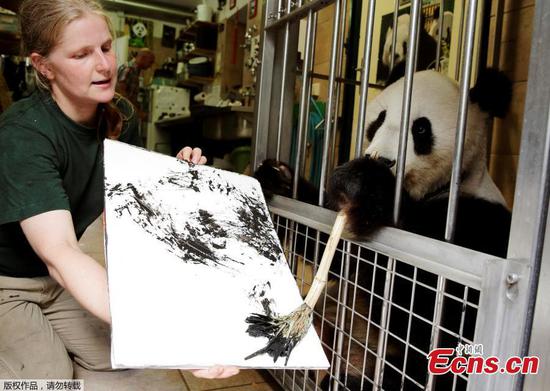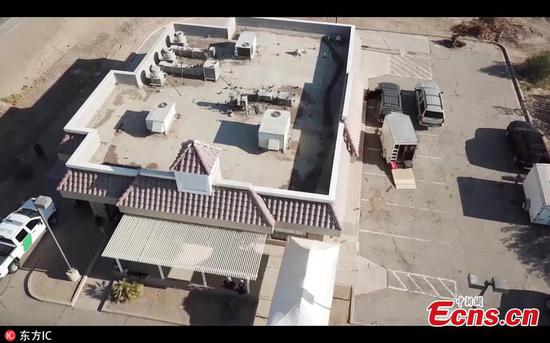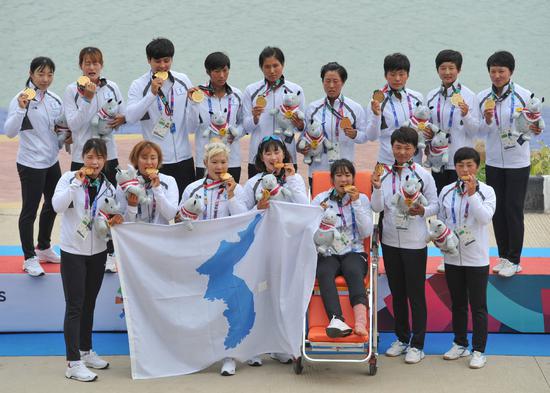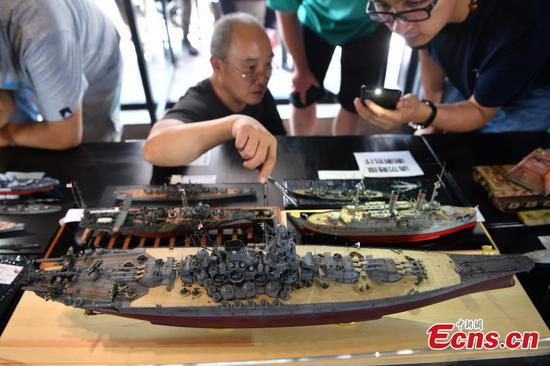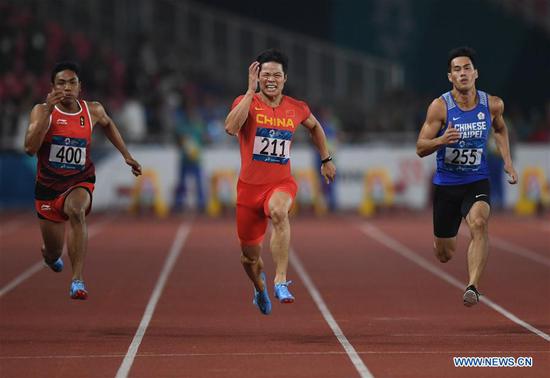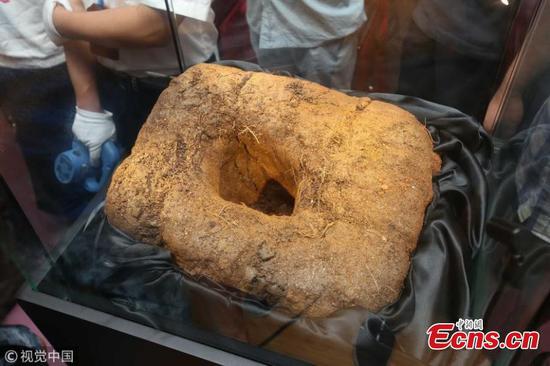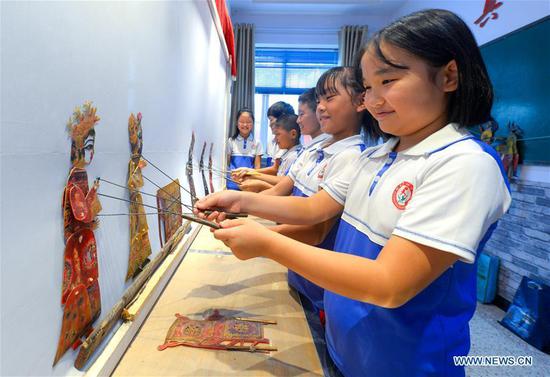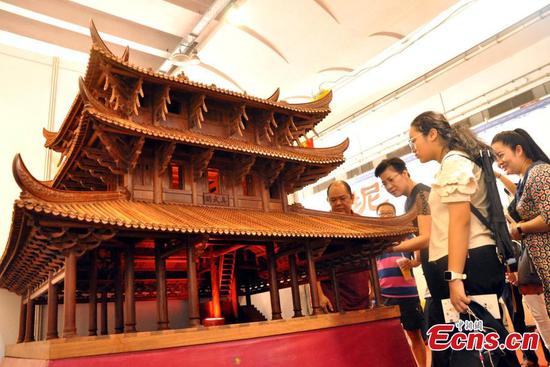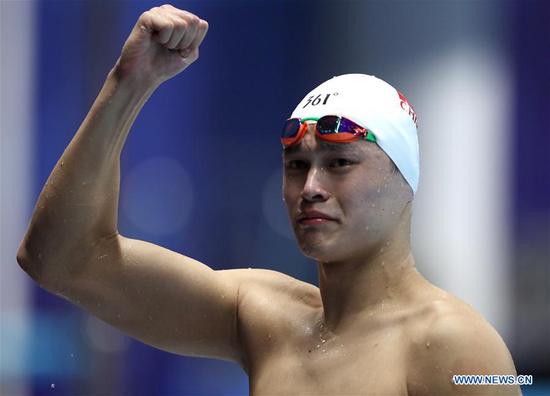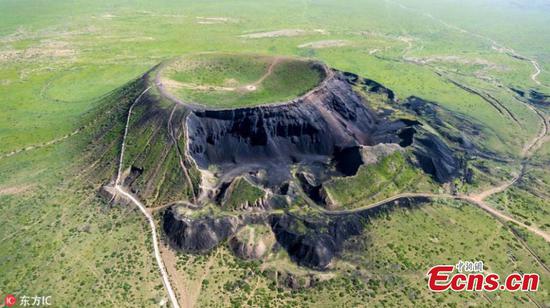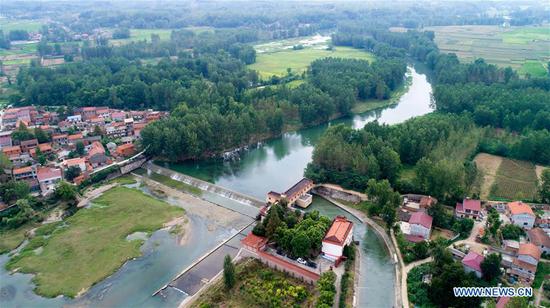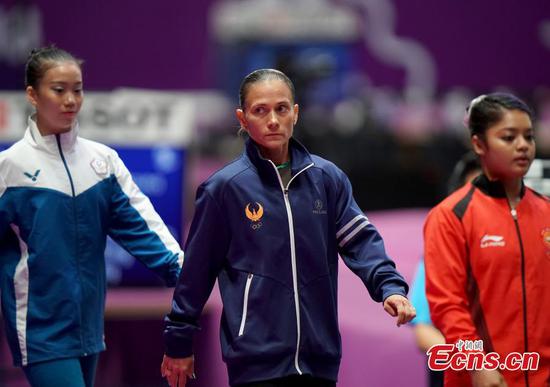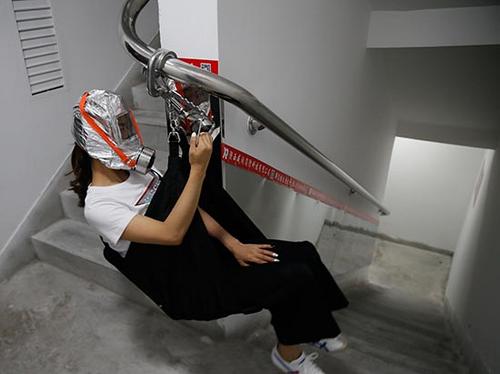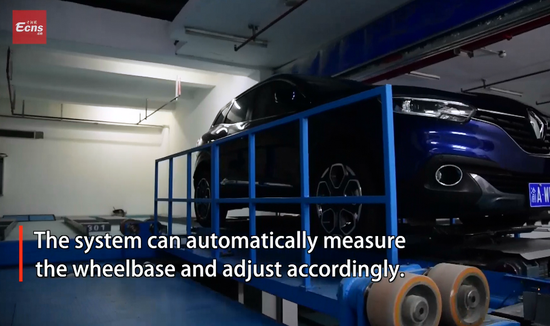"We shall strengthen legal risk prevention and control, and initiate the establishment of the Belt and Road Initiative (BRI) international commercial dispute settlement mechanism and institutions," noted Ning Jizhe, director of the National Bureau of Statistics of China and vice chairman of the National Development and Reform Commission, at the news briefing held by the State Council Information Office (SCIO) on Sunday.
With the BRI widening, cross-border commercial disputes in international trade, engineering contracting, and global logistics accepted by China's people's courts have been on the rise. Between 2013 and 2017, the people's courts at all levels examined and executed more than 200,000 foreign-related civil and commercial cases, more than double the previous five years.
In foreign-related commercial litigation, cross-border investigation and evidence collection remain hard tasks, the procedures for notarization of extraterritorial evidence are cumbersome, and the scale of judgment is not uniform.
Therefore, it is of great necessity to establish a fair, just and reasonable international commercial dispute settlement mechanism and institutions to provide more efficient solutions to international commercial disputes.
On January 23, 2018, General Secretary Xi Jinping presided over the Central Leading Group for Deepening Overall Reform and established the basic principles, specific programs and organizational guarantees for the establishment of the Belt and Road international commercial dispute settlement mechanism and institutions, which is of practical and far-reaching significance to resolve disputes in a transparent, convenient and low-cost manner, continuously optimize the business environment, and create a new cooperative platform for international rule of law.
In this context, the Supreme People's Court (SPC) in the first half of 2017 drafted a plan on the preparatory work for the mechanism and institutions.
The first is about the establishment of an international commercial court. The SPC established the First International Commercial Court in Shenzhen, Guangdong, and the Second International Commercial Court in Xi'an, Shaanxi, which were officially listed at the end of June. They deal with mainly international commercial disputes between equal commercial entities. Where the parties choose the jurisdiction of the International Commercial Court, the system of one trial to conclude a case shall be applied in accordance with the law.
The second is about the "trinity" dispute settlement mechanism. According to the wishes of the parties, members of the International Commercial Expert Committee and international commercial mediation agencies may be entrusted by the International Commercial Court to mediate international commercial disputes to give full play to the role of mediation in resolving disputes.
The Court supports qualified domestic arbitration institutions that enjoy a good reputation in the international arena to engage in BRI's commercial arbitration, and Chinese courts will provide judicial support for preservation of evidence or property in accordance with the law.
Next comes the International Commercial Expert Committee. China's Supreme People's Court launched the International Commercial Expert Committee with a membership of 32 domestic and foreign experts on Sunday, August 26, 2018, whose experts selected include experts and scholars from China and other countries along the BRI. Experts from different legal systems, various countries and disparate regions reflect internationality, neutrality and professionalism.
In addition, the establishment of an international commercial dispute settlement mechanism features three distinct characteristics.
First, adhere to the principles of mutual cooperation, joint construction and co-sharing. Judicial exchanges and cooperation with worldwide countries are the trend of the times to promote the development of the international rule of law. For example, the United Arab Emirates established the Dubai International Financial Center Courts (DIFC Courts) in 2004 and Singapore in 2015 set up its Singapore International Commercial Court.
Second, committed to party autonomy. Choices of the way to resolve commercial disputes and applicable laws comply with the autonomy of will.
Third, adhere to the principles and concepts of openness, fairness and efficiency. The third is settling on openness, fairness and efficiency by fully reflecting convenience and low cost.










